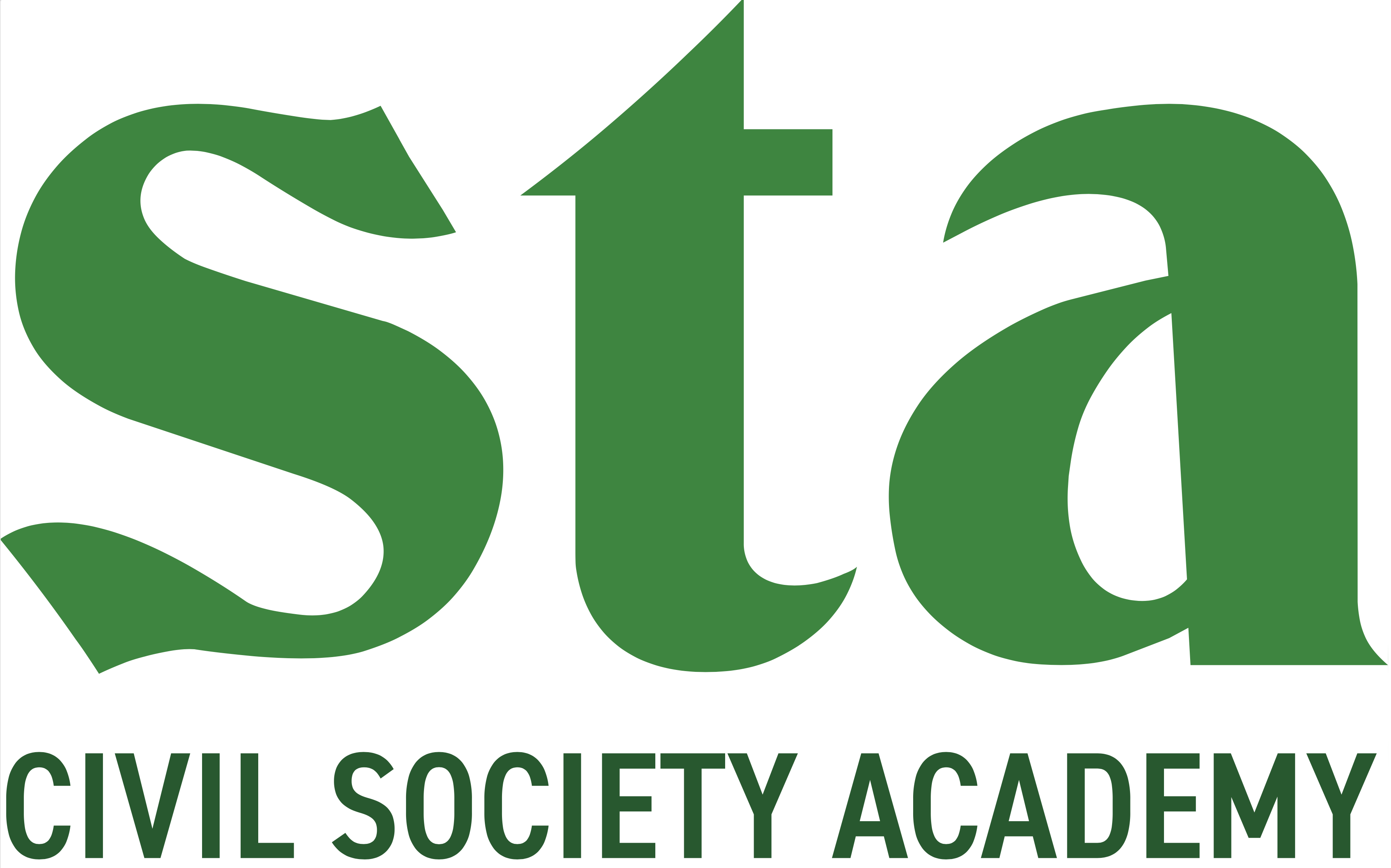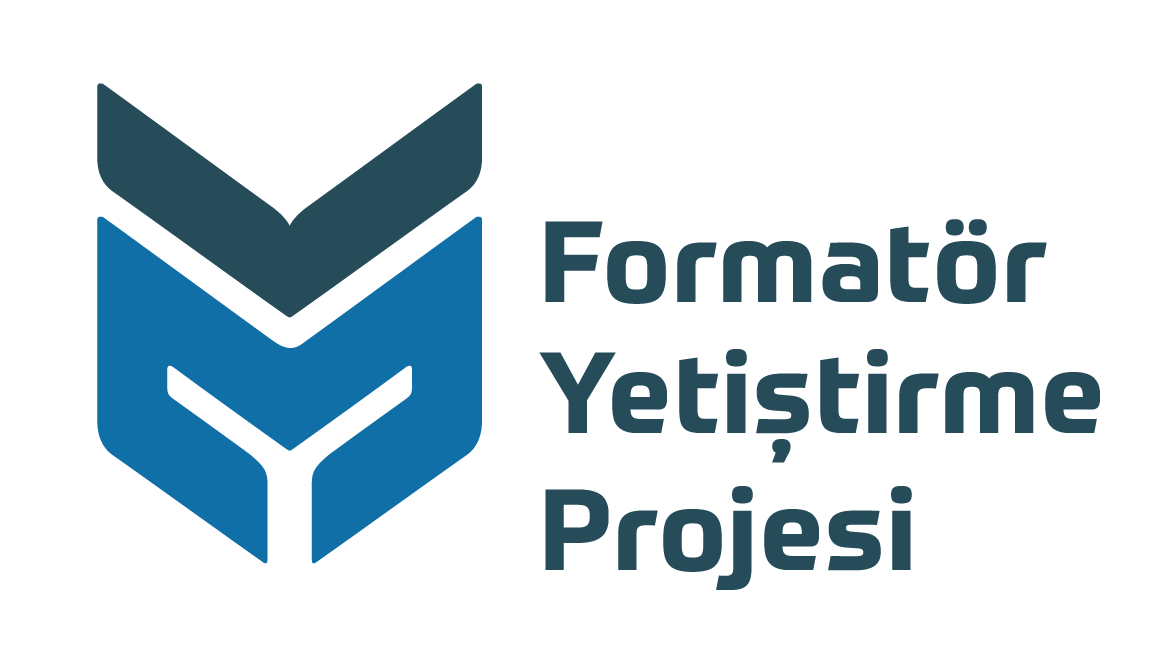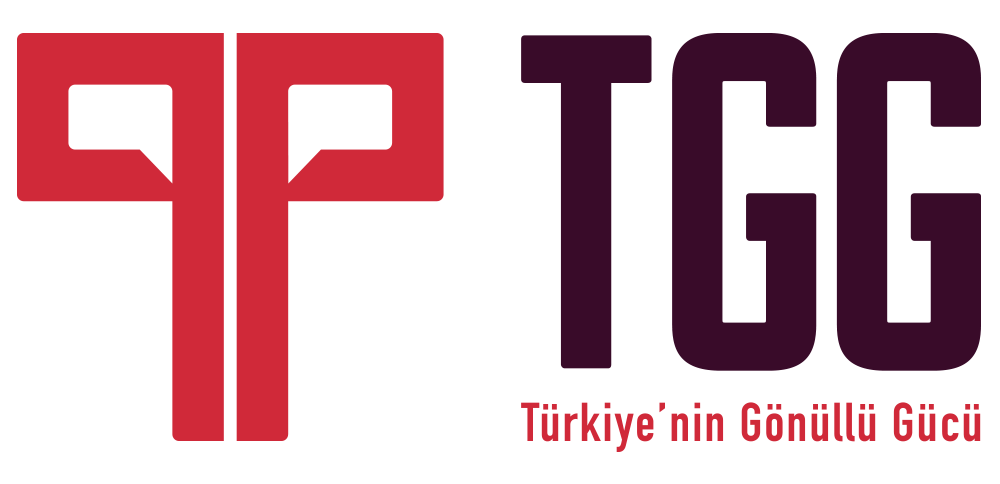 | The Civil Society Academy (STA) was established to produce knowledge about the issues, problems and needs of civil society and to share the research it undertakes with all its stakeholders. STA aims to contribute towards issues related to civil society both nationally and internationally. The priority fields specified by STA in this regard include education, research and publications. STA carries out focused studies on the capacity, production and communication capabilities of NGOs through performing quality research and undertaking various projects. | |
|
| |  | Formator Training Project | The aim of the training content, which was prepared by taking into consideration the needs of NGOs that have opened branches or representative offices in many parts of Anatolia, was to train the trainers who know the needs of civil society within the NGOs, and have the necessary competence and the ability to transfer this knowledge. Within the scope of the Formator Training Project, candidates receive 2-days training by choosing one of the modules from Civil Society Culture, Communication Management in NGOs, Financial Resources and Development, Project Preparation and Management, Corporate Management and Organisation, Human Resources and Volunteer Management. After the training, the candidates who pass the selection process with the successful completion of the internship are awarded the title "Formator". |
|
|
|
| Civil Society Biography | The Civil Society Bibliography is a project in which the works produced in the field of civil society in the last 40 years are brought together, classified and made available to users through a database. The Civil Society Bibliography, which compiles the written works in the field with a holistic approach, brings together a total of nearly nine thousand theses, books, articles, reports and similar academic material. Each item contains detailed imprint information on approximately 30 parameters, including basic information such as author and publication name, year of publication, place of publication, and provides researchers with extremely comprehensive information. |
|
| |  | Organisational Self-Assessment Model In Nongovernmental Organisations | The Self-Assessment Model, which provides NGOs with the opportunity of systematically collecting data and analysing the results, enables them to get to know themselves better. Through self-assessment, NGOs are able to determine a consistent path for their organisational development and develop a results-based evaluation system that is acceptable to everyone. With the Self-Assessment Model, institutional self-assessment is carried out under ten main headings by answering questions that are considered important for the institutionalisation of NGOs. With the section indicator scores, current situation determination, developmental application suggestions, and, reading and monitoring options, NGOs are provided with qualified feedback on what measures should be taken for their consistent development and growth. | |
|
|
|
 | Türkiye's Volunteer Force | The Türkiye's Volunteer Force (TGG) project includes the stories of individuals and organisations that make remarkable contributions to different causes in the society. The primary focus of this project are individual and structured efforts that focus on a specific cause, create a sphere of influence and hence show the power of volunteerism. Within the scope of the TGG project, a Volunteer Power Documentary was prepared, consisting of interviews with 30 individuals and organisations that have created valuable social impact by taking different initiatives. In the documentary, the volunteers themselves were interviewed about their goals, ways of working, stories and the transformations they have created. Another output of the project is "Türkiye's Volunteer Power: Oral History Interviews with Civil Society Volunteers". With this project, an up-to-date and important source of information on volunteerism in Türkiye has been created for civil society volunteers. | |
|
| | |  | Institutional Development Training Programme | The Institutional Development Training Programme is organised by the Civil Society Academy twice a year, in Spring and Autumn semesters, with an aim to enhance the institutional capacity of civil society organisations. The training programme, which lasts for 2 days in total and covers the topics needed in the field of civil society under 6 different courses, is designed specifically for managers working in NGOs. In addition to sharing theoretical knowledge on management and organisation, volunteer management in NGOs, financial resource development, media strategies for NGOs that have started their institutionalisation process, and practical studies on project writing, advocacy, disaster management are carried out and the courses are taught in a participatory manner as much as possible. Each semester, courses that address the current needs of NGO professionals are included. |
|
| | Capacity Building Trainings | In order to support the effective, systematic and efficient functioning of NGOs, intensive trainings that combine theory and practice in many different fields are designed for selected groups of participants, taking into account the training requests from NGOs. Under this framework, 14 different trainings have been organised for civil society organisations since 2019. The training topics include event management, corporate communication, auditing, volunteer communication, organisational structuring of NGOs, international report writing training, strategic planning training, campaign preparation training, basic project writing training and trainings on social entrepreneurship and authentic leadership.
|
|
| |
|
| | Policy Notes | We believe that it is very important to identify the problems faced by civil society in Türkiye and around the world in order to develop policy recommendations for their solution. To this end, we regularly prepare policy briefs with the help of experts and researchers from various disciplines. In this context, İLKE Foundation's research centres have published a total of 50 policy briefs to date.
|
|
| Books | The increase in the number of civil society organisations increases the need for institutionalisation and qualified human resources in this sector, but due to the lack of knowledge and skills on how to meet these needs, sufficient progress is not being made. In the world and in Türkiye, it has become an important and priority issue for civil society organisations to work in an organised and efficient way without losing the spirit of volunteerism and to establish systems to ensure continuity.
Within the scope of the Civil Society Series, Prof. Dr. Nihat Erdoğmuş has penned the following titles that have been published by STA: 1. "Corporate Governance in Civil Society Organisations: Basic Issues and Current Trends", 2. "Management in Non-Governmental Organisations: Basic Issues and Current Trends" and 3. "Voluntary and Professional Work in Non-Governmental Organisations". |
|
| | |  | Civil Society Summit | Civil Society Summit is not only a summit where civil society organisations come together and meet for a common cause, but also a special occasion where remarkable works undertaken in the civil society sector and encouraged and rewarded. Taking the transformation in civil society with the changing and developing dynamics in Türkiye and the world into its agenda, İLKE Foundation organises the Civil Society Summit every year around a different topic in order to add value to the prestige of the concept of civil society and to define the role of civil society in Türkiye's future. The Civil Society Awards within the scope of the Summit are given every year to encourage individuals and organisations that carry out innovative and ground-breaking work in the field. The awards aim to recognise original, high-impact and sustainable works in the field of civil society. Within this framework, awards are given in three different fields and include the, "Volunteering Award", "Prominent Activity Award" and "Innovative NGO Award". | |
|
| |
|
|